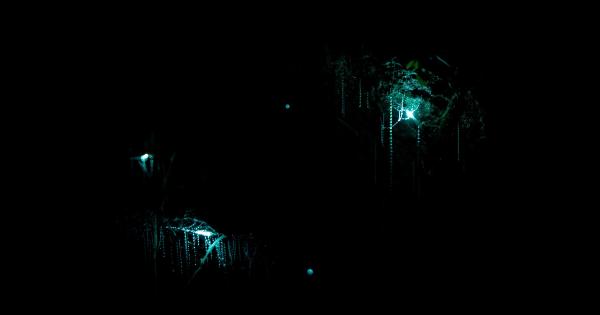Zinc is an essential mineral that is involved in numerous functions in the body such as wound healing, immune system function, growth and development, and more. A deficiency in zinc can lead to various health problems and compromise overall health.
In this article, we will look into the signs and symptoms of zinc deficiency and how to address it.
What is Zinc?
Zinc is a trace mineral that is present in various foods such as meat, seafood, nuts, and legumes. It is also available as a supplement, typically in the form of zinc gluconate, zinc acetate, or zinc sulfate.
Zinc is involved in numerous functions in the body such as:.
- Enzyme activity: Zinc is a cofactor for over 300 enzymes in the body, which are involved in various processes such as DNA synthesis, protein digestion, and more.
- Immune system function: Zinc is important for the development and function of immune cells such as T cells, B cells, and natural killer cells.
- Growth and development: Zinc is essential for growth and development during childhood, adolescence, and pregnancy.
- Wound healing: Zinc is involved in the process of wound healing by promoting cell division and protein synthesis.
Signs and symptoms of Zinc deficiency
Zinc deficiency is not uncommon, especially among certain populations such as vegetarians, pregnant women, and older adults. Here are some common signs and symptoms that may indicate a zinc deficiency:.
- Delayed wound healing: Zinc plays a crucial role in the process of wound healing, therefore a deficiency may lead to slower healing time.
- Hair loss: Zinc is important for the growth and repair of hair follicles. A deficiency may lead to hair loss and thinning.
- Dry skin: Zinc is involved in maintaining skin integrity and hydration. A deficiency may lead to dry and itchy skin.
- Loss of appetite: Zinc plays a role in the sensation of taste and smell, therefore a deficiency may lead to a decreased appetite and altered taste perception.
- Weakened immune system: Zinc is important for the development and function of immune cells. A deficiency may lead to a weakened immune system, making an individual more susceptible to infections and illnesses.
- Gastrointestinal problems: Zinc is involved in the digestion and absorption of nutrients. A deficiency may lead to gastrointestinal problems such as diarrhea, nausea, and loss of appetite.
- Poor growth and development: Zinc is essential for growth and development during childhood, adolescence, and pregnancy. A deficiency may lead to stunted growth, delayed sexual maturation, and poor cognitive development.
- Reproductive problems: Zinc is important for both male and female reproductive systems. A deficiency may lead to infertility, impotence, and menstrual irregularities.
Diagnosing Zinc deficiency
Diagnosing a zinc deficiency can be tricky, as there is no specific test that can confirm a deficiency. However, doctors may look at a combination of factors to determine if an individual is deficient. These include:.
- Medical history and physical examination
- Symptoms that may indicate a deficiency
- Zinc level in the blood (although this is not always an accurate reflection of total body zinc status)
- Response to zinc supplementation
Preventing and Treating Zinc deficiency
If you are at risk of developing a zinc deficiency, it is important to ensure that you are consuming enough zinc in your diet. Good food sources of zinc include:.
- Red meat, poultry, and fish
- Eggs
- Nuts and seeds
- Legumes
- Whole grains
- Dairy products
If you are unable to meet your daily zinc needs through diet alone, you may consider taking a zinc supplement.
However, it is important to speak with your doctor before starting any new supplements, as taking too much zinc can lead to toxicities and interfere with the absorption of other minerals such as copper and iron.
Conclusion
Zinc is an important mineral that is involved in a variety of functions in the body.
A deficiency in zinc can lead to various health problems, therefore it is important to be aware of the signs and symptoms and take steps to prevent and treat a deficiency. If you suspect that you may be deficient in zinc, speak with your doctor to determine the best course of action.





























